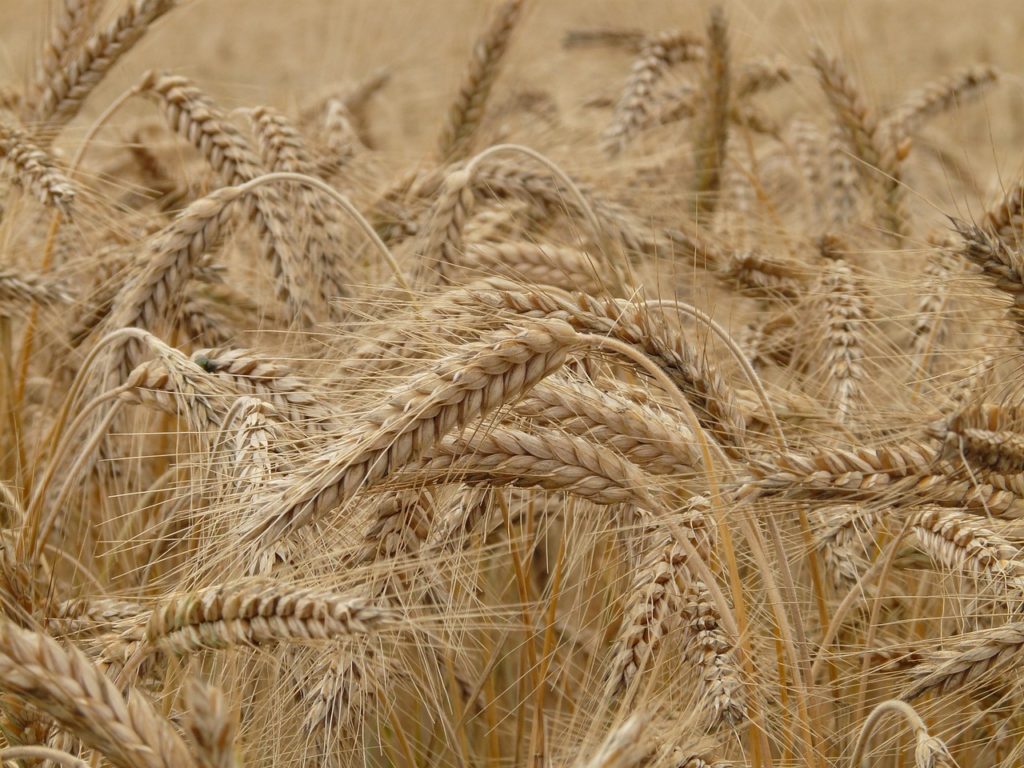The U.S Secretary of the Treasury Janet Yellen visited African countries in January and stated that Russia’s invasion of Ukraine had exacerbated the food insecurity crisis in the continent. She echoed similar sentiments to those shared by Bill Gates when he visited Kenya last year. She mentioned that the U.S was supplying farmers with ‘seeds that are resilient to heat and drought’. Bill Gates had travelled to Kenya to drum up support for genetically modified seeds including the Water Efficient Maize for Africa (WEMA). Gates went as far as telling Kenyans that most of the bread he consumes is from genetically modified wheat.
Most politicians have been using the war in Ukraine as a cover up for most of the food wastage and cartels in Africa, or worse still to have developing countries import genetically modified foods from the West. Last year in the middle of the war, Ukraine’s president Volodymyr Zelenskyy sent the first shipment of grain to East Africa and 25,000 tons of ‘Grain from Ukraine’ arrived in Djibouti to be delivered to Ethiopia. Another ship carrying 30,000 tons of wheat was en route to Ethiopia and a third vessel of 25,000 tons of wheat was to deliver the grain to Somalia.
Ironically, President Zelenskyy mentioned that the initiative was to help out countries that were hard hit by the food shortages. He said that Ukraine intended to send 60 more ships to Ethiopia, Sudan, South Sudan, Somalia, Congo, Kenya, Yemen and other countries. Ethiopia’s Prime Minister Abiy Ahmed was against the shipments of grain from Ukraine, and he criticized these efforts by the United Nations as a way to paint a picture that Ethiopia was starving.
Growing up in Africa, I remember several years of serious droughts in Kenya. Way before the war in Ukraine. I have seen various multinational organizations come to Africa to help ‘fight hunger’ but yet the problem continues to worsen. Besides climate change, it is important to keep our government leaders accountable. In Kenya, farmers in the rift valley region had a bountiful harvest of maize, and decried the lack of a market for their produce. Yet the government decided to import maize to help ‘alleviate the hunger crisis in Kenya. This caused a public uproar because the government would have easily helped farmers by buying directly from them. A lot of food ends up lying in waste for lack of a way to transport it out of the farms, and when the governments choose to import grain from abroad, it weakens the prices for the farmers and they suffer debilitating losses.
Corruption as well has created cartels that handle grain sales through hoarding as they manipulate market prices. These are some among very many reasons that cause food shortages in Africa. In addition, Poor infrastructure and food distribution channels, as well as bad decisions and policies that do not look after the citizens’ interests besides the war in Ukraine are to blame for food shortages in Africa. The fact that Ukraine was able to send so much grain to Africa, should show that the global food insecurity may be caused by other factors such as Western countries and multinational organizations imposing their unsustainable solutions on food insecurity in Africa. It is time to listen to Africa’s ideas on sustainable ways of overcoming food shortages. Africans are resilient people.

